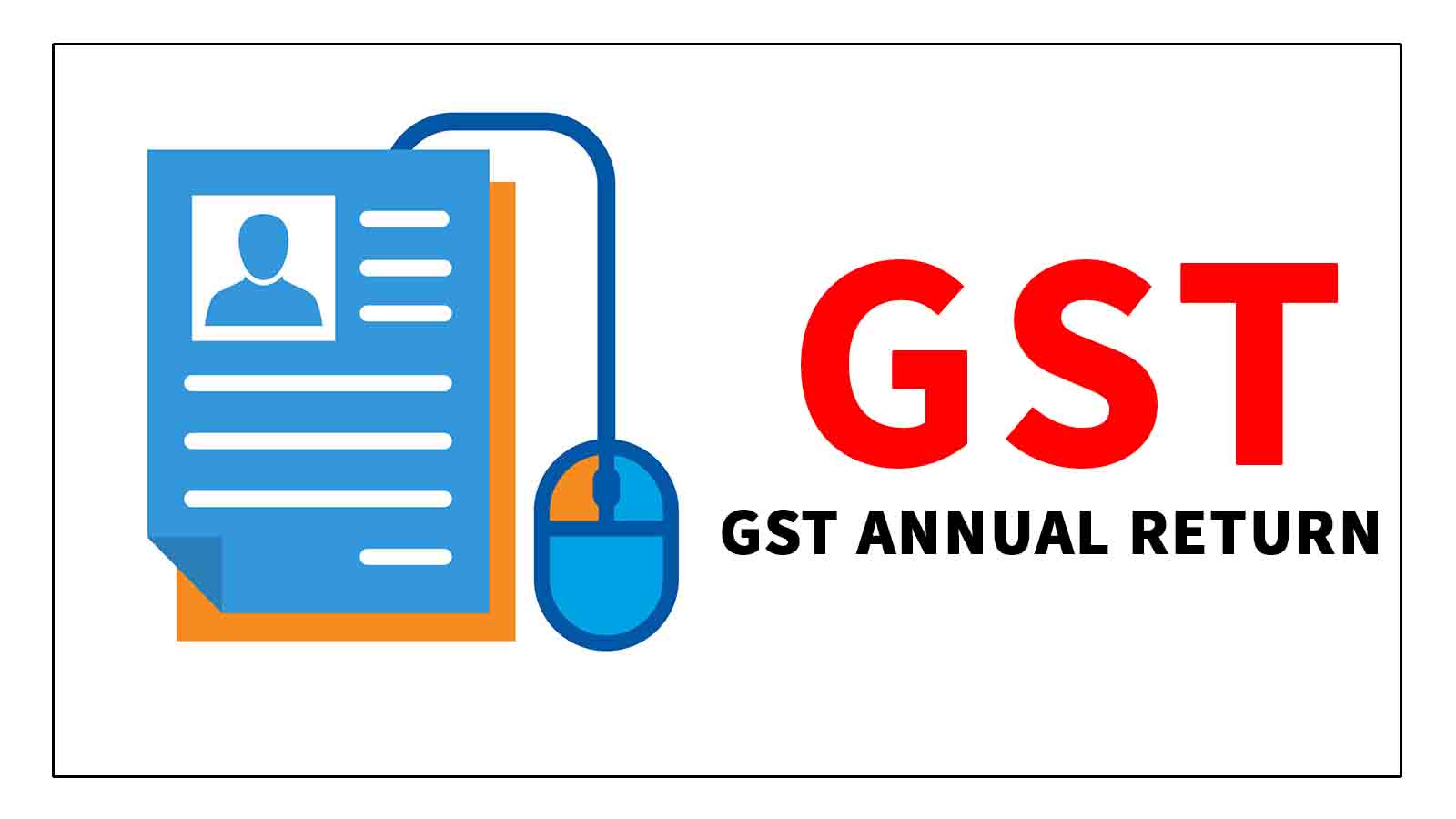Home > GST Compliances > GST Annual Return

Document Required:
Login Details
Invoice
Adjustment Detail (PY/CY)
Accounting Data
GST Annual Return (GSTR-9 & 9C)
End-To-End Consultancy related to GSTR-9 & GSTR-9C or GST Annual Return filing for taxpayers registered under GST Scheme.
Basic
✅ GSTR-9 & GSTR-9C
✅ GST Computation
✅ Reconciliation

Other Related Services
GST Registration, Invoicing, GST Filing, TDS Return Filing, Accounting, Income Tax Return (ITR) Filing, Banking and Payroll.

GST Invoice
Get GST eInvoice with Input Tax Credit
Price Summary
Market Price: ₹19,999
Accountingforte:
₹9,999 All Inclusive
You Save: ₹10,000 (50%) Government Fee: Included
You Save: ₹10,000 (50%) Government Fee: Included
GST Annual Return
GST Annual Return refers to a comprehensive return filed by registered taxpayers under the Goods and Services Tax (GST) system. In many countries, including India, GST Annual Return is a consolidated report that summarizes the entire year’s transactions and provides details about the taxpayer’s business activities.
In India, the GST Annual Return is filed using the GSTR-9 form. Here are some key points to understand about the GST Annual Return:
Filing Requirement: Registered taxpayers whose annual turnover exceeds the prescribed threshold are required to file the GST Annual Return. The threshold may vary based on the country’s regulations.
Contents of the Return: The GST Annual Return provides a summary of outward supplies (sales), inward supplies (purchases), input tax credit claimed, tax liability, and other relevant details for the entire financial year. It includes information from various monthly or quarterly GST returns filed during the year.
Types of Annual Returns: In India, there are different types of GST Annual Returns based on the taxpayer’s category:
GSTR-9: For regular taxpayers filing monthly or quarterly returns.
GSTR-9A: For composition scheme taxpayers.
GSTR-9C: A reconciliation statement that includes audited financial statements, filed by taxpayers with an annual turnover above a certain threshold.
Filing Deadline: The deadline for filing the GST Annual Return is typically a few months after the end of the financial year. In India, it is generally 31st December of the subsequent financial year, though it is always advisable to refer to the latest guidelines and notifications issued by the tax authorities.
Audit Requirements: Taxpayers with an annual turnover above a specified threshold may also be required to get their accounts audited by a qualified chartered accountant or cost accountant. In such cases, they need to file GSTR-9C, along with the reconciliation statement and audited financial statements.
